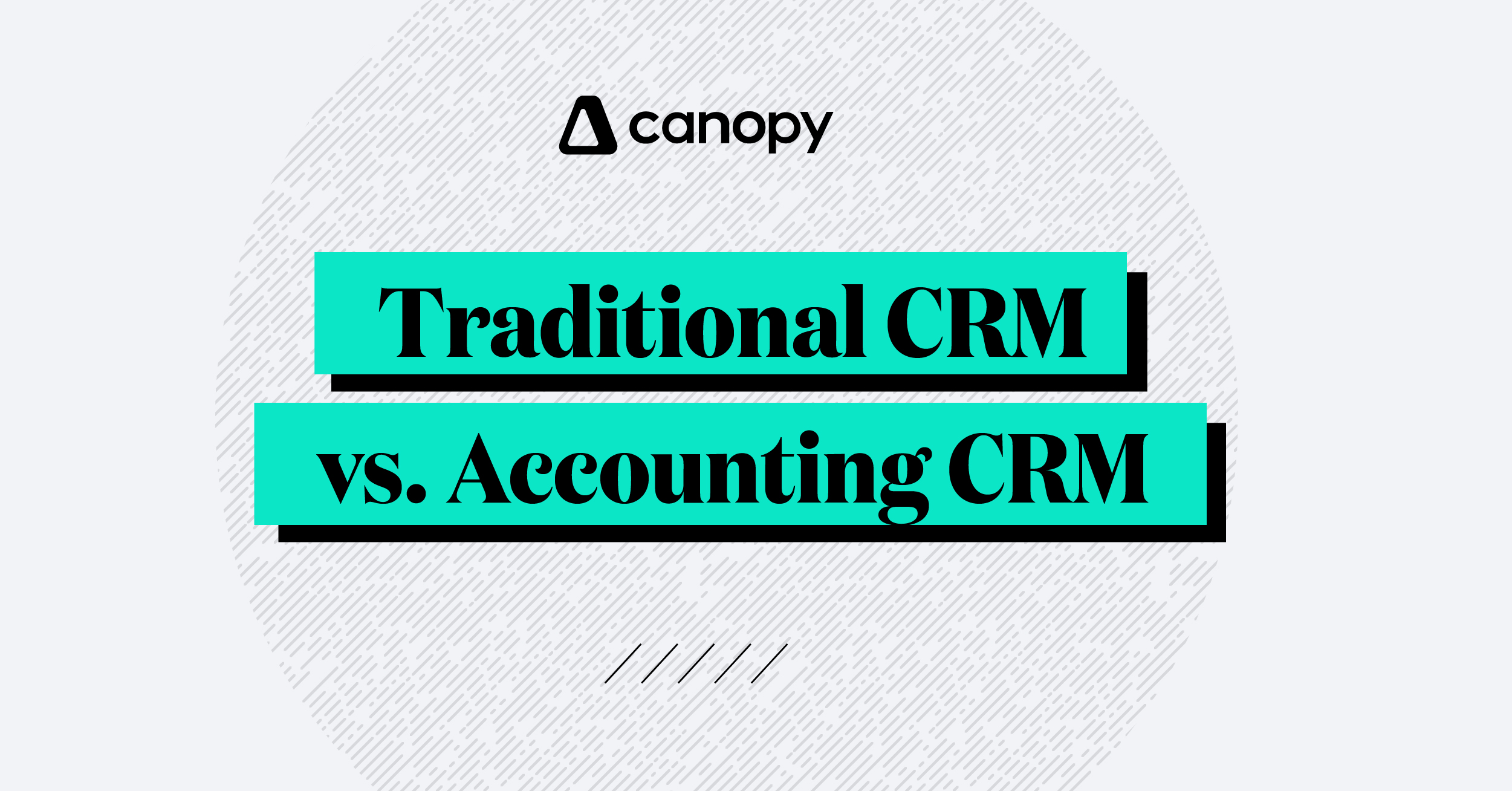Offering client accounting services (CAS) has become increasingly common in the past few years. In fact, according to an Accounting Today survey, in 2019 the breakdown of accounting firms offering CAS by firm size was:
- 39% of small accounting firms offered CAS, and 15% planned to in the future
- 41% of mid-sized firms offered CAS, and 18% planned to in the future
- 43% of large firms offered CAS, and 13% planned to in the future
However, despite the growing popularity, CAS remains an often misunderstood area of accounting. At most simple, CAS means that you do the majority or all of the accounting work for your business clients, but the full explanation is more complicated than that. In this post, we dive into a more in-depth answer of what constitutes client accounting services and some best practices.
What is CAS?
The purpose of CAS is to work with your clients strategically and offer services tailored to what they need while adding a revenue stream for your accounting firm. CAS may be looked at as a step beyond outsourced accounting services and advisory services because with CAS you should be a more integral part and have a deeper understanding of your client’s business.
Services that fall under client accounting services vary by firm but may include:
- Bookkeeping
- Payroll
- Bill payment
- Processing AP and AR
- Tax preparation
- Audits and reviews
- Financial reporting
- Tax compliance
- Outsourced CFO or controller services
- Business advisory
- Succession planning
- Cash flow management
The CAS you do for a specific client may be a combination of any number of these services.
Consider the following quotes from accounting thought leaders:
“Modern CAS takes the outsourced accounting department model, bills for the value provided, and partners closely with businesses on financial matters to enable greater growth.” –Liz Mason, CEO of High Rock Accounting
“We think of client accounting services as heavy on bookkeeping and payroll-type services. That’s a base, but I think CAS should be spelled CAAS—client accounting and advisory services. We’ve had to get into advisor mode to make CAS a satisfying service, and it’s really what a client needs.” –Steven Brewer, Owner of Steven Brewer & Co. CPAs
“In other words, in CAS it is the accountant who utilizes his/her education, knowledge, experience and expertise to manage ‘accounting’ for the client. CAS makes accountants become a more involved, more integral part of the clients’ business processes, like being their in-house accounting departments, with the key difference that the accountants are a few (or a few hundred, even a few thousand) miles away from the location of the business. The important difference, though, is now the clients have the benefits of professional accounting.” –Hitendra Patil, Director of Customer Success AccountantsWorld
CAS means putting your client’s unique business needs first and making it profitable for your firm.
Client accounting services best practices
Each firm is different in how they handle CAS, but there are a few tried-and-true best practices. Here are three best practices to consider when implementing client accounting services into your business.
Consider your client's needs
One of the most important parts of CAS is considering each client’s needs and customizing your services to those needs. When evaluating client needs, take into consideration their business structure and what services you already help them with. Some clients may only need you to handle a few transactional services while other clients may benefit from you handling all of their accounting needs including transactional, compliance, performance, and strategic services.
Leverage technology
Leveraging cloud-based software makes all the difference in making client accounting services feasible and profitable for your firm. With the cloud you can effectively collaborate with clients no matter where they’re located, cut down the time it takes to finish accounting tasks, and automate compliance work. With the increased efficiency of technology, the client accounting services work you do will also become more profitable.
Choose the right pricing model
When you deliver higher value services like CAS, it’s imperative to choose the right pricing model. Consider getting away from hourly rates and instead adopting value-based pricing.
Value-based pricing is when you price your services based on what your clients are willing to pay, or the value they perceive in your service. Value-based pricing isn’t all about charging the most, it’s about setting prices based on customer segments and information you have about the market. With value-based pricing, you can offer different packages to different types of clients.
Opportunity for firm growth
There’s no doubt that client accounting services will play a large role in the future of accounting. According to a 2019 study by CPA Trendlines, nine out of 10 firms offering CAS saw improvements in “client satisfaction,” and eight out of 10 firms said CAS “provides superior revenue growth.”
Whether you’re looking into adding client accounting services for the first time or are looking to offer it to more of your clients, there’s an opportunity to grow your firm through CAS.
Interested in more information about growing your firm through client-centric practices? Check out our more recent post about CAS Accounting!








Get Our Latest Updates and News by Subscribing.
Join our email list for offers, and industry leading articles and content.